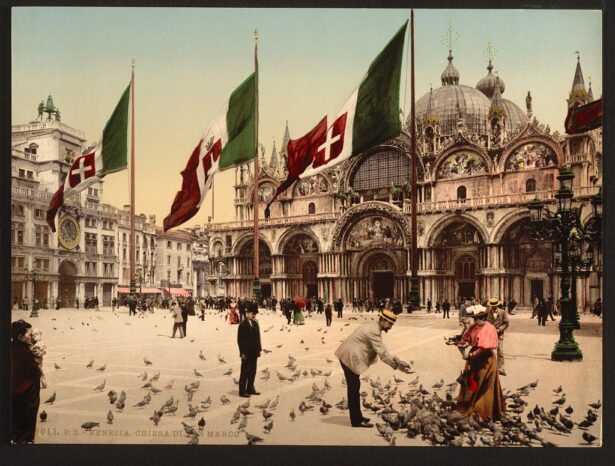Pigeons, Donkeys, Commandments

This Friday, October 2, I’ll be talking about Breaking Bread with the Dead on Zoom with Cherie Harder of the Trinity Forum. If you’re interested in watching the conversation you may register here.

Watercolor by Alexander Cresswell
Some decades ago the theologian Thomas Oden had a revelation. He realized that seminaries and divinity schools all over the Christian world taught students how to care for their future congregants — but did so while drawing solely on 20th-century psychology. But didn’t Christianity have two thousand years of experience in counseling and pastoral care to draw on? So he spent much of the rest of hgis distinguished career exploring the rich and marvelously diverse history of Christian pastoral care.
I think of Oden’s work whenever I read this wonderful “Prayer for Persons Troubled in Mind or Conscience” from the 1662 Book of Common Prayer:
O Blessed Lord, the Father of mercies, and the God of all comforts: We beseech thee, took down in pity and compassion upon this thy afflicted servant. Thou writest bitter things against him, and makest him to possess his former iniquities; thy wrath lieth hard upon him, and his soul is full of trouble: But, 0 merciful God, who hast written thy holy Word for our learning, that we, through patience and comfort of thy holy Scriptures, might have hope; give him a right understanding of himself, and of thy threats and promises; that he may neither cast away his confidence in thee, nor place it any where but in thee. Give him strength against all his temptations, and heal all his distempers. Break not the bruised reed, nor quench the smoking flax. Shut not up thy tender mercies in displeasure; but make him to hear of joy and gladness, that the bones which thou hast broken may rejoice. Deliver him from fear of the enemy, and lift up the light of thy countenance upon him, and give him peace, through the merits and mediation of Jesus Christ our Lord. Amen.
The person who wrote this prayer understood as well as anyone ever has the distinctive miseries of self-accusation, self-condemnation, and so beautifully pities the person so afflicted, and intercedes for that person with God: Shut not up thy tender mercies in displeasure; but make him to hear of joy and gladness.

People feeding pigeons in Piazza San Marco, Venice, some time in the 1890s.
Why do pigeons bob their heads when they walk?
How to make three-cornered notes, AKA “cocked-hat notes.”

The predecessor to the notorious Orson Welles “War of the Worlds” broadcast: Broadcasting the Barricades by the mystery writer Ronald Knox was performed on BBC Radio in early 1926. Styled like a news report, it described a Bolshevik revolution running through the streets of London. Government ministers were captured and strung up; the Savoy Hotel and the Palace of Westminster were both blown up (thus toppling the Clock Tower and Big Ben too).”
Knox was also a Catholic priest, the translator of the Vulgate into English, the inventor of the Sherlockian Game, and the codifier of the Ten Commandments of Mystery Fiction, viz.:
- The criminal must be someone mentioned in the early part of the story, but must not be anyone whose thoughts the reader has been allowed to follow.
- All supernatural or preternatural agencies are ruled out as a matter of course.
- Not more than one secret room or passage is allowable.
- No hitherto undiscovered poisons may be used, nor any appliance which will need a long scientific explanation at the end.
- No Chinaman must figure in the story.
- No accident must ever help the detective, nor must he ever have an unaccountable intuition which proves to be right.
- The detective must not himself commit the crime.
- The detective must not light on any clues which are not instantly produced for the inspection of the reader.
- The stupid friend of the detective, the Watson, must not conceal any thoughts which pass through his mind; his intelligence must be slightly, but very slightly, below that of the average reader.
- Twin brothers, and doubles generally, must not appear unless we have been duly prepared for them.
